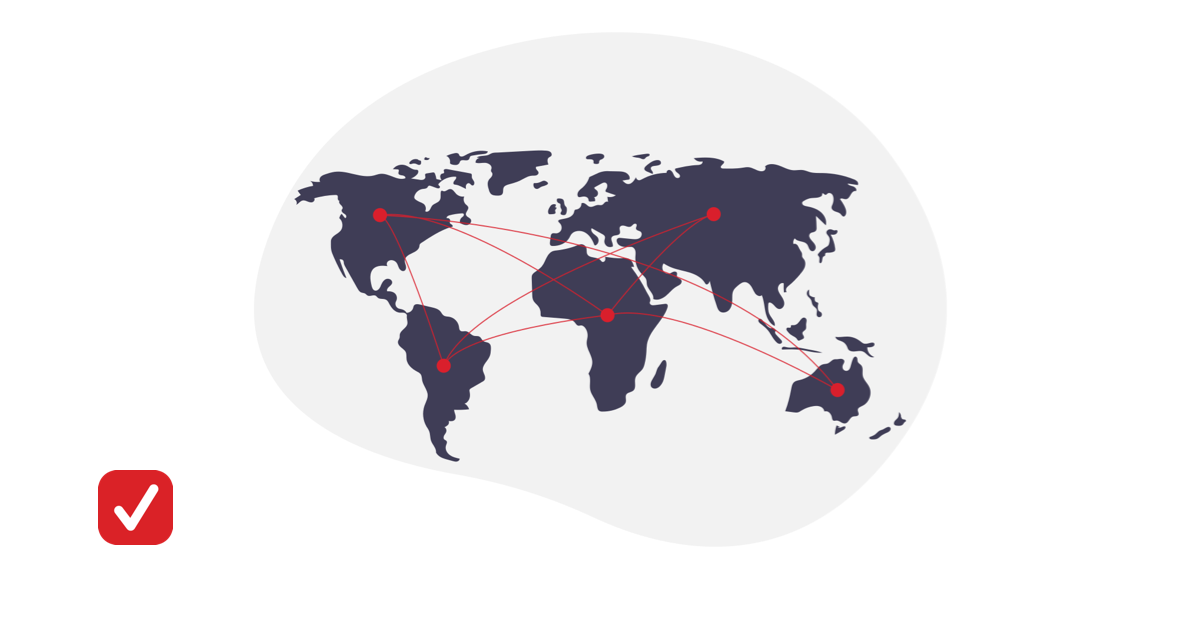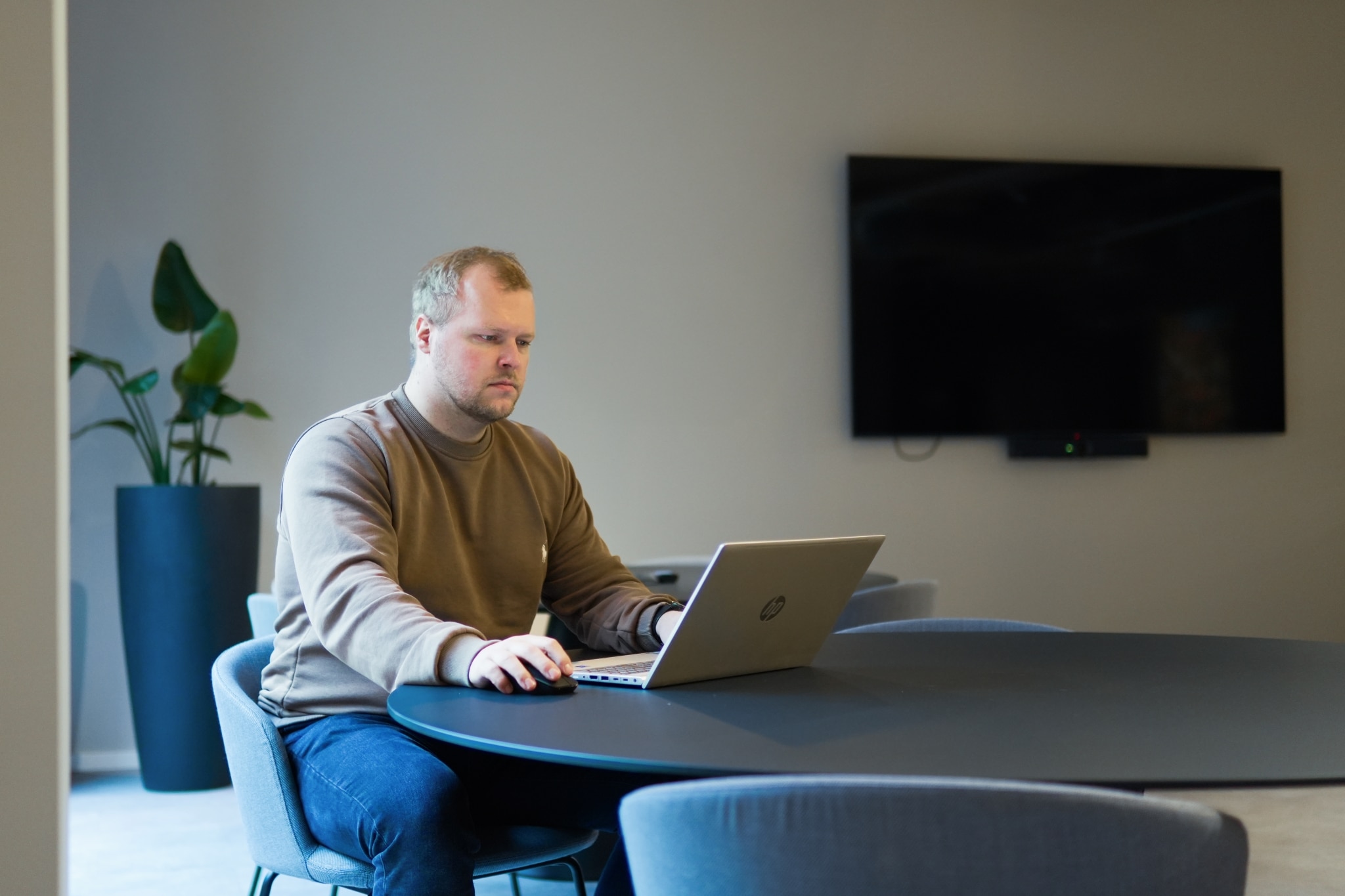Just to be clear
Job satisfaction has many definitions. And I want to avoid giving the impression that I’m writing some kind of fantasy story. I know them well, those companies where everything runs smoothly, without bosses or fixed structures, where everyone goes to work singing and dancing. You should ask those companies about their turnover rates. No, I believe that even enjoyable work still involves tasks that simply need to be done. Not necessarily fun, just work. I think job satisfaction is mostly found in a shared company vision, having influence over your work, and doing work that gives you energy. In this blog, I will focus on these three aspects.
A shared company vision
I believe that a shared company vision is one of the most underestimated aspects of job satisfaction. And I think the emphasis here is more on “shared” than on “company vision”. If everyone knows what the long-term goal is and what the objectives are for this year, decisions become easier to make and also easier to explain when questions arise. This applies both at the top of an organisation and on the work floor. In our company, it allows for a lot of independent decision-making. After all, in our view, logical decisions don’t need to go through layers of approval.
The link to job satisfaction is that employees who support our company goals largely have control over their work. When they perform their tasks, how they do them, and who they collaborate with. Take holiday planning, for example. At Payt, employees within teams coordinate who takes time off when, ensuring that the company continues to function smoothly. The last time this went wrong was seven years ago when I ended up manning the service desk between Christmas and New Year. A learning experience in many ways, but certainly not a reason to hire a manager just to oversee holiday schedules.
Another example: at Payt, we have lunch together in the office. We sit at a long table, eggs are boiled, and there’s a variety of food for everyone. I can tell you, it’s usually lively and busy. But not everyone enjoys that. We believe it’s very important to give people space because we are convinced that when someone can be themselves, they are not only happier but also perform better.
Influence over your work
Having influence over what you do and how you do it is crucial to job satisfaction. More and more, we are integrating our personal and professional lives. I sometimes hear people say they strictly separate work from their private life. But especially after the COVID pandemic, no one feels ashamed to admit they are working from home today because something needs to be done around the house. And I think nearly everyone has, at some point, hung up the laundry or emptied the dishwasher during work hours. Right? It just makes everything easier.
If you also have the tools to decide how and when you work, life becomes much more enjoyable. I realise that despite this freedom, we have many unwritten rules. For example, how our code should look and that it must be structured. The fact that everyone is allowed to contribute ideas and get involved in discussions is wonderful. But to keep this unique culture manageable, we have to be mindful of each other.
Another part of our culture is that everyone can do multiple things. One of our implementation consultants, for example, is also responsible for our Power BI environment, providing valuable insights into the performance of our software and customers. Our security policy team consists of a support team member, two developers, and a director. Varied work keeps us sharp and increases job satisfaction.
We also regularly have employees who want to switch to a different role within the company. Two of our employees have made a complete transition from support to development. A significant step with little overlap, but we are happy to facilitate it. Sometimes, such a transition doesn’t work out. The employee learns a lot during that period, both about the new role and about themselves. If it works out and the person is happier in their new position, we consider it a great success.
Work that gives you energy
I know so many people who come home from work exhausted every day. Of course, physical labour can be tiring. But office jobs like the ones we have at Payt shouldn’t be draining. If energy isn’t flowing properly for whatever reason, it can be exhausting. We have had cases like that at Payt too. Great people, but you can sense that they’re not entirely in the right place. We always approach this openly. Discovering that a certain type of work doesn’t suit you can be seen as a success. What I often notice is that once the issue is addressed, energy starts flowing again, and job satisfaction returns.
Energy ensures that you look forward to your day and still have enthusiasm to do something enjoyable in the evening. A nice idea, but of course, sometimes there are simply difficult tasks where you don’t know the solution. Most people have had sleepless nights over work at some point. In the Western world, we pay little attention to listening to and feeling the energy in our bodies. Yet it’s not difficult—you don’t need more than 10 minutes a day. It can be done in the car on the way home. Sometimes I talk out loud to myself, naming what has drained my energy that day. We all have unique personalities, and accepting situations often has a more positive effect on energy flow than seeking solutions or proving a point.







